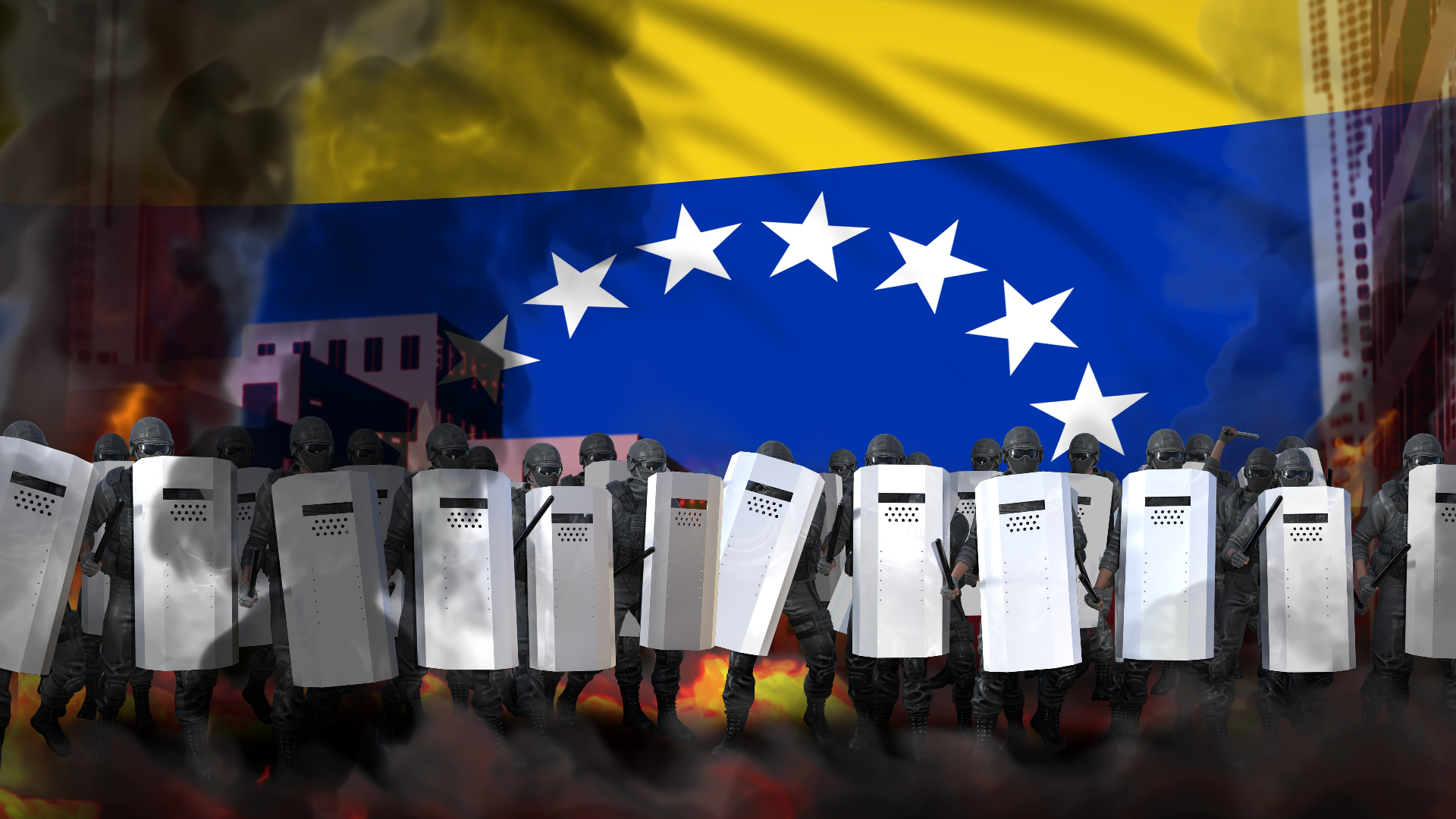Spanish professor Jesús Huerta de Soto defines inflation as “the increase in the amount of the money offered in a certain market and which, under equal circumstances, leads to a decrease of the acquisitive power”. Abrupt changes in the monetary system can result in inflation and when governments print currency notes disproportionate to the state of the economy, countries can face rapid and massive levels of price rise called hyperinflation.
Inflation in my country, Venezuela, has been commonplace for more than 12 years now. People have tacitly accepted that the prices of food, medicines and services can change within the week, day, or even hour. But in particular, it has been frustrating to plan savings in our currency, the Bolivar, especially when one knows it is only hours or days away from losing value.
Even though Venezuela has struggled for quite some time with two-digit inflation, our economy only reached the hyperinflation stage for the first time in the last quarter of 2017. And our savings continue to erode by the minute.
Luckily, true hyperinflation does not happen often, and it typically requires a reasonable margin of time to evolve. Nevertheless, it’s always good to know the measures you could take to overcome the challenges presented by hyperinflation if ever it occurs in your country (and the chances are never quite zero.)
Here are some quick tips from someone who’s seen the worst of it:
- Prepare mentally: Hyperinflation can be challenging and requires preparation. Even though there might be some clear signs in your country’s political or economic scene, people around you can be in denial. Talk with them without seeming paranoid. And acknowledge that even if you survive an initial wave, everything might degrade soon.
- Learn a universal trade/skill. If your profession can be performed universally, it is an advantage. But it’s also worth learning a new skill that is in demand everywhere. Electrical, welding, and cooking skills are highly sought after and can be helpful — especially if you leave your country.
- Have a migration plan ready. Prepare an escape plan in case the situation deteriorates. Twenty years ago, Venezuelans didn’t think their economy could collapse as it did, so it’s better to make arrangements in advance. Any country with a higher degree of freedom or one where a family can take you in for a while could be a good opportunity to start anew.
- Purchase a more stable currency: If the money in your bank account starts to lose purchasing power, buying another currency in which you can accumulate good savings is a must. I also recommend buying commodities like gold, but be careful where and how you store it. Purchasing real estate is not recommended since properties can lose their value quickly when distrust in the local economy collapses and people start fleeing.
- Open a foreign bank account: If you can do this, you have a guaranteed method to protect your finances and savings for emergencies.
- Apostille all your documents. Your birth certificate, academic papers and all required documents should be prepared by certifying, legalizing and performing the Apostille Convention. Even if you initially don’t want to move from where you are, having these documents ready can’t hurt. In emergencies, the legal system can collapse due to the high flow of people who want to perform this procedure.
I realize this all seems dramatic and maybe even pessimistic, but these simple, easy preventive measures could save you a lot of stress someday in the event of hyperinflation. But without a doubt, the most important tip of all is:
- Realize that all of this is not okay. Inflation starts as a fever. In the beginning, it is so gradual people barely notice it. But you can help fight it by spreading the ideas of freedom and basic economics.
Many people throughout the world don’t know the struggle Venezuelans have faced in the context of hyperinflation, but I hope you can learn from our experience.
Inflation is a monster — one wielded by thieves and populists that rearranges how we think about the world. As technology improves and goods and services become easier to send around the world, prices should naturally decline. Instead, governments’ artificially rising prices indicates increasing scarcity and distracts us from the fundamental truth that the world is getting better every day.
For more content on inflation, be sure to watch our video below where Prof. Antony Davies addresses some common misconceptions.
If you are interested in getting involved in promoting the ideas of liberty while also developing your skills and meeting many like-minded students from across the world, click on the button below to apply for the Local Coordinator Program.
This piece solely expresses the opinion of the author and not necessarily the organization as a whole. Students For Liberty is committed to facilitating a broad dialogue for liberty, representing a variety of opinions.



